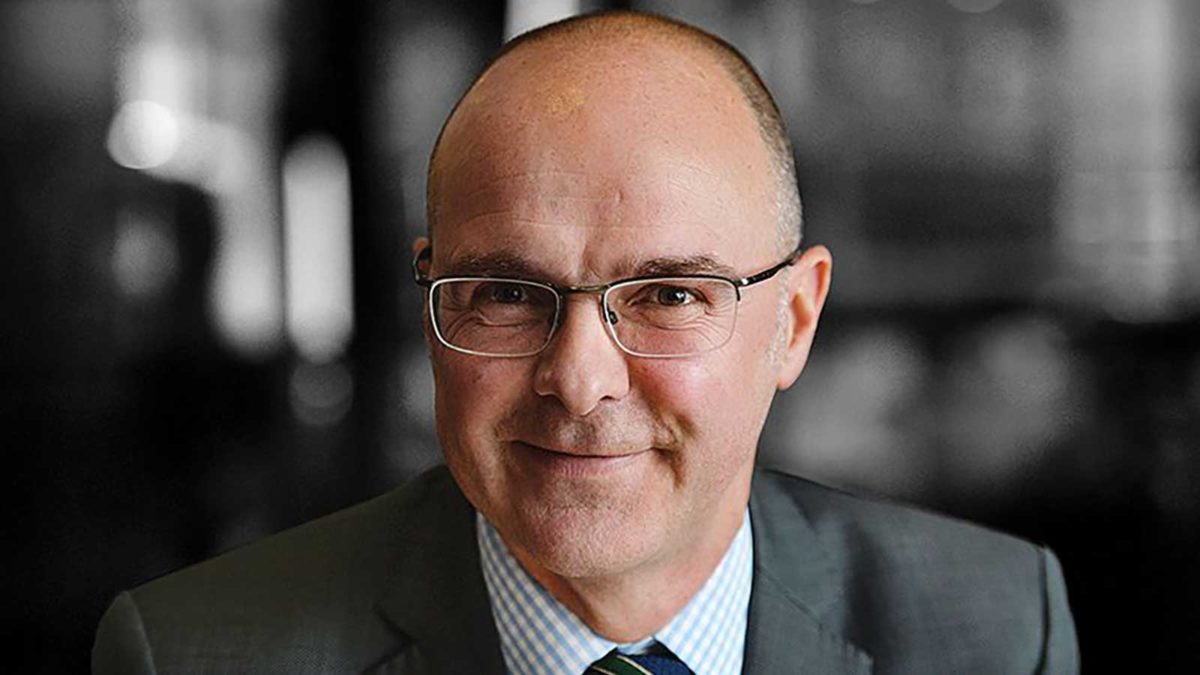Pockets of leadership ahead of COP26
Usually restrained fund managers are venting their frustrations with governments and companies over climate inaction. The rebukes get louder as COP26 gets closer.
Martin Currie, a global equities house with about $9 billion in Aussie shares, has made its position clear on what it would like to see come out of the Glasgow meetings for world leaders and others, scheduled to run from October 31-November 12.
Martin Currie’s recently established Stewardship Institute issued a note to investors last week (October 22) which indicates the roles all interested parties, including asset owners and managers, should play. The manager also calls out the Australian government for its tardiness on climate action.
The investors’ note, ‘COP26: A climate for change?’ says that high-level commitments on climate change are no longer enough. If the gathering is to be considered a success, then more specific action and a greater sense of urgency are needed – not just from governments, but also from companies and investors – resulting in a tangible shift in the decarbonisation pathway of the wider economy.
“As investors, we are extremely concerned that action at COP26 will not be significant enough to put the world on a pathway to limiting warming to 1.5 degrees,” the note says.
“The latest IPCC report, published in August, was rightly described by UN Secretary General, Antonio Guterres, as a ‘Code red for humanity’ and a warning that without a significant step up in efforts then keeping warming below a threshold of 1.5 degrees could become out of reach.
“In our view, it is critical that COP26 is used as an opportunity to accelerate action and for governments, companies, and investors to take specific action to rejuvenate momentum on climate action. We want to see COP26 set up a climate for real change, commitment, and action from all players.”

The note was written by David Sheasby, Martin Currie’s head of stewardship and ESG, and John Gilmore, stewardship and ESG specialist. They say that COP26 must succeed in creating decisive action from governments in three key areas:
1. Climate laggards need to step up. The note points out that G20 countries account for 78 per cent of the world’s emissions and have the resources to tackle climate change effectively.
“There should be no excuses for inaction here, and key hold-outs such as Australia should stop vacillating and make national net-zero commitments and follow it up with real policy action.”
In addition, countries without interim targets or where they lack detail, such as India and China, need to show a much clearer roadmap for immediate action rather than further postponement. China, for example, is still increasing its use of coal and that needs to change quickly.
2. Fair financing needs must be met. The commitment agreed at COP16 for developed countries to provide US100 billion annually to fund climate transition has not been met. only a fraction of the financing comes from grants, too much of this funding comes with unwelcome conditions or in the form of loans, many of which have above market interest rates. This creates a disincentive for climate investment by developing countries.
3. Fixing carbon pricing and ending fossil fuel subsidies. Carbon pricing is a key mechanism for incentivising economies to move away from fossil fuels and carbon intensive activities. “Our view is that even in the absence of a global carbon tax or trading scheme being implemented, a commitment on a global floor for the cost of carbon would be a promising first step. Without this, there is a clear disincentive to move first on carbon pricing,” the note says.
For investors and investee companies, Sheasby and Gilmore say there is an urgent need for more decisive action in three key areas. They are:
- Investors must take collective action to promote net zero
- Companies need to deliver real-world emissions reductions, and
- Investors must identify and facilitate investment in climate solutions.
As a fund manager, Martin Currie, which became a signatory to the UN’s PRI in 2009, has accelerated its own commitments and stepped up its actions through corporate engagement, reducing its carbon footprint as a business, becoming a signatory to the Net Zero Asset Managers Initiative and by building ‘climate resistant portfolios’.
Sheasby and Gilmore said separately that for the latest round of talks there had been more focus on individual country actions than collective responses.
“There hasn’t been a real follow through on prior challenges around financing climate action for developing countries that we refer to in the article and no real traction on areas that need a collective response like carbon pricing,” Sheasby said. “This requires leadership and goodwill and there seems to be a lack of goodwill or bandwidth to generate real progress on these items.”
With fund managers, they could be clearer in setting out expectations for companies and engaging with them on these. They should be using escalation tools at their disposal, such as holding directors to account through voting or filing or supporting carefully targeted shareholder resolutions.
Sheasby said: “Climate change is a material risk for many companies, so they need to be prepared to provide detail and context on how they are approaching this. Managers need to be prepared to scrutinise the targets that companies are setting to understand whether the businesses that they are investing in are really sustainable over the long term.”
Asked about Australia, he said the Australian government did not show leadership but that the finance industry and many of the super funds had stepped up and taken on this role. Even in the global context those funds had shown leadership, he said.
“An example is HESTA, which has focussed on climate change for a number of years and last year was the first major superannuation fund to set out a goal of being net zero by 2050.”
Note: Martin Currie is a sponsor of Investor Strategy News. The views expressed are those of the author and not necessarily those of Martin Currie.











